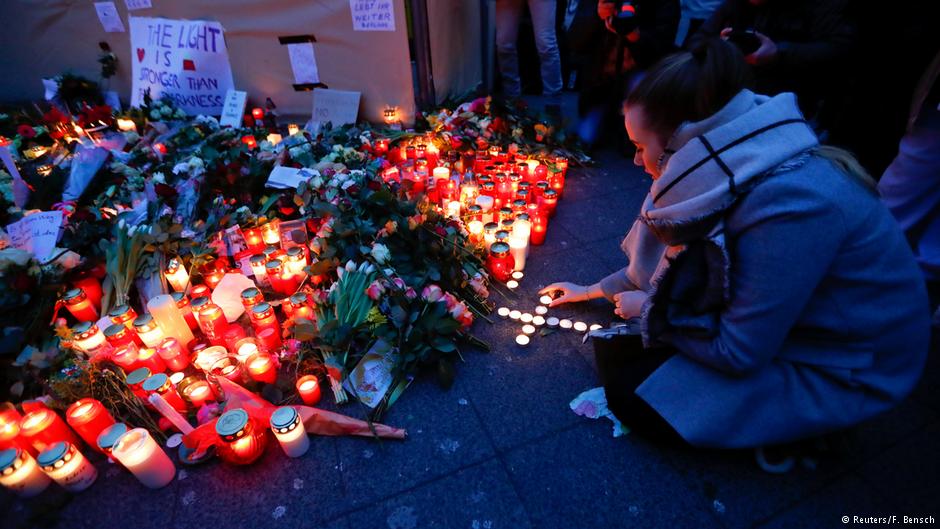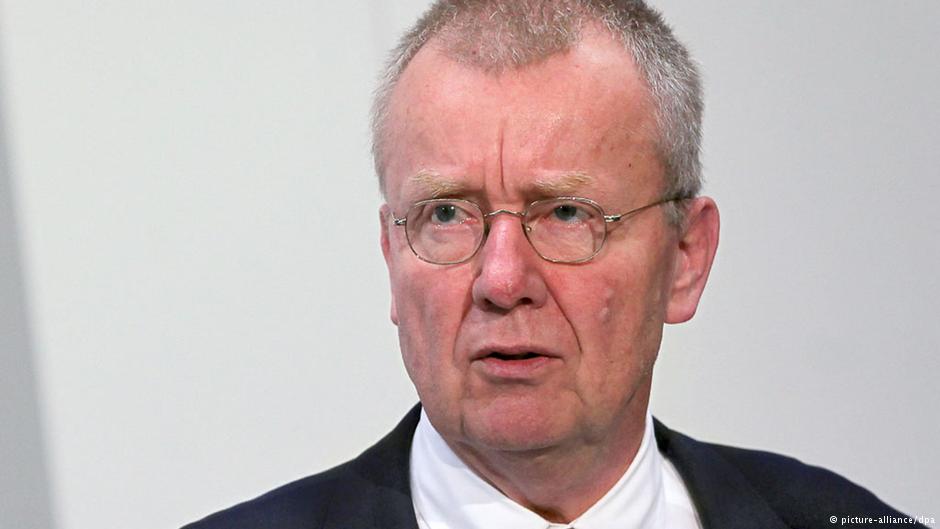Countering the horror

Grief, sympathy, horror. Where will it lead? This is the question we ask ourselves following the attack on the Berlin Christmas market. For terrorists, the answer is clear: it will lead to fear and terror. To the wrong reactions. To a split in our society, which will facilitate the recruitment of new terrorists among the marginalised. To changes that rob our society of what makes life worth living: our freedoms, our coherence and our sense of security.
Some are now saying that we are involved in a WAR against terrorism. I believe this label to be wrong, despite the fact that it arises from horror at the deed. Because this labelling can result in the wrong measures being taken – this is not simply a row over the right way to describe what has happened.
"War on terror" was the motto of George W. Bush. At the time, there was criticism of such talk of war in this context: when does it end? Are we now in a perpetual state of war, because terrorist attacks can never be stopped for good? Should terrorists be recognised as combatants in this war, although they are criminals? Surely not. Talk of war will naturally lead to a focus on the military aspect, instead of a comprehensive programme of measures to fight terrorism.
FIGHT against terrorism – that is the correct description. And this is what it involves: combating terrorism using the police, the intelligence services and – where necessary (in the case of Daesh) – military means. Not to mention shrewd policies.[embed:render:embedded:node:26089]
Mistrust thrives on suspicion and rumour
The spread of fear and terror is made much easier if the terrorists succeed in generating general mistrust in our society: mistrust of security forces; mistrust of our state; mistrust of our media; mistrust of anyone who is different to ourselves; mistrust of minorities.
Mistrust thrives especially well in a hotbed of suspicions and rumours, so that in the end anything is deemed possible. More than ever it is therefore of paramount importance to desist from public speculation, which as security agencies repeatedly warn, also hampers their work.
How can we protect ourselves? This question does not just concern safety from attacks, but also protection from fear. To date, our security agencies have already prevented many attacks and they are continually working on improving the protection of the population still further: through international co-operation and police and intelligence service reconnaissance. We should follow their advice on how to prevent attacks and be vigilant against them. All these measures may not guarantee 100 percent security, but they do provide a very high level of security against not becoming victims of a terrorist attack ourselves.
Read between the lines
Nevertheless, the fear remains. How can we protect ourselves from this fear? I do not believe there is a magic formula for this. But it could help to understand what terrorists aim to achieve – and to behave in exactly the opposite way. We should have faith in our security agencies and our government that everything possible is being done at all times for our security and to prevent terrorist attacks.
We should inform ourselves from serious media, not from obscure blogs – and not believe every rumour just because it has gone viral on Facebook. Our media also deserve to be trusted.

Usually we are happy when someone understands how we feel. But we should realise: there are groups and parties such as the AfD that address fears, not to face them and reduce them, but to stoke and heighten them. This is because they want to sweep to power on a wave of fear, without offering anything to help us.
It is the strength of our open, free and pluralist society that we can live together in peace with one another as "diversely different people" (Amartya Sen). The basis for this is mutual trust – assuming nothing bad of the other until evidence shows to the contrary. For this reason, we should not assign joint liability to minorities or groups that have either collectively or individually nothing to do with attacks, even if a terrorist is revealed to belong to this minority or group. Refugees can do as much or as little about a terrorist attack committed by a random refugee as you or I.
Terrorists want us to live a different kind of life: that we can no longer visit a Christmas market or a soccer match without fear, that we avoid crowds of people and means of mass transportation, that we become mistrustful and wary of other people. We should do the exact opposite and remain as calm as possible. It is the coherence in our society that most helps to counter the horror of terrorism.
Ruprecht Polenz
© Qantara.de 2016
Translated from the German by Nina Coon
